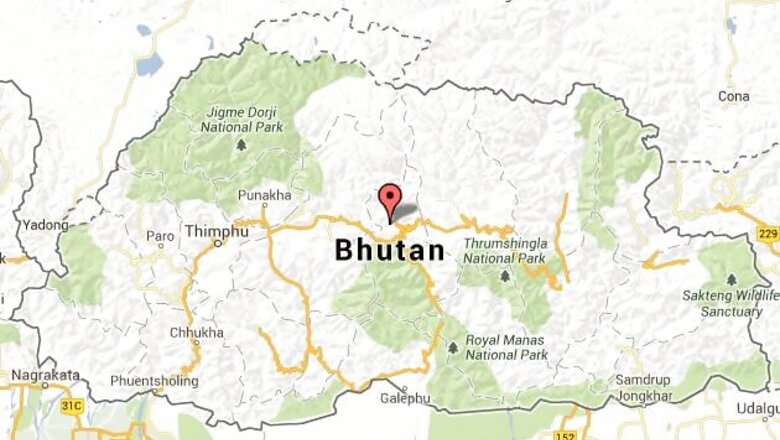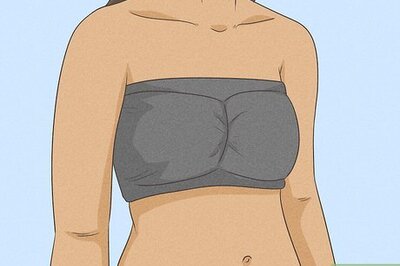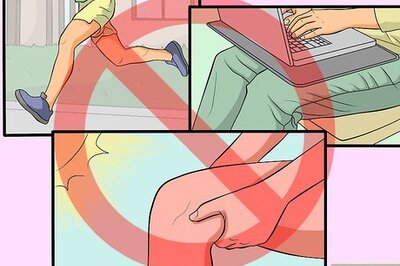
views
Bhutan began voting on Saturday for its second national elections with the race between the country's two major political parties to form the government too close to call.
Brisk polling was witnessed with a large number of people coming out to exercise their franchise that will decide the fate of 94 candidates in 47 constituencies contested by two major parties, ruling Druk Phuensum Tshogpa (DPT) and opposition People's Democratic Party (PDP).
With the start of voting at 9 am (local time), male, female, young and old wearing their best traditional dresses, queued up outside polling stations to cast their votes and the vote will continue till 5 pm (local time).
"So far everything is peaceful. The weather is also good. We have reports of good polling from all parts of the country and expecting a high turn out," Bhutan Chief Election Commissioner Kunzang Wangdi said.
India is providing logistical support, including gifting nearly 2,000 Electronic Voting Machines (EVMs) to Bhutan and India's Chief Election Commissioner V S Samapth is here to witness the democratic process in the Himalayan nation.
This is the second national election in Bhutan after the country turned into a democracy in 2008. In the last election, the opposition PDP could win only two out of the 47 seats up for grabs.
The DPT, with 45 legislators, ruled the country for five years with Jigmi Y Thinley as its head.
In the first stage of the polls on May 31, two parties, the Druk Nymrub Tshogpa (DNT) and Druck Chirwang Tshogpa (DCT), lost out leaving the DPT and PDP to contest the final stage of the polls on Saturday.
Bhutan has a tri-cameral parliament of the King, National Council and the National Assembly.
There are 25 seats in the National Council or the Upper House. Five of them are appointed by the King and 20 are elected from 20 districts.
National Assembly or lower house consists of 47 members elected from 47 constituencies. Representatives to both houses were elected first in 2008.



















Comments
0 comment